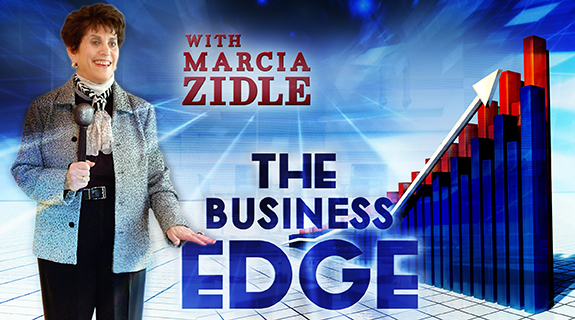HOW YOU CAN OPTIMIZE YOUR CREDIT SCORE AND BETTER UNDERSTAND YOUR SPENDING AND SAVING BEHAVIORS
Financial Behaviorist Syble Solomon joined me on âTurn the Pageâ to discuss how her Money...
Read Moreby VoiceAmerica | Mar 17, 2016 | Business | 0 |
Financial Behaviorist Syble Solomon joined me on âTurn the Pageâ to discuss how her Money...
Read Moreby VoiceAmerica | Nov 6, 2014 | Business | 0 |
Turnover is costly â just how costly? Research shows the cost of replacing a professional or...
Read Moreby VoiceAmerica | Oct 29, 2013 | Business, Variety | 0 |
I’ve only been co-hosting on the radio for a month, “Money In Your Life” on...
Read More



